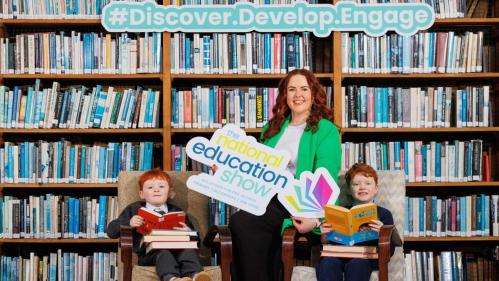A child who received special education resources or support in primary school is also eligible for support at secondary level so long as they continue to have a special education need. It is possible that a primary school child, after receiving several years of support, could no longer be deemed to have a special education need in secondary school but this is rarely the case.
Your child will be entitled to receive the same support that he received in primary school. This generally takes the form of specialist teaching from a Learning Support or Special Education Resource teacher. This support is to be decided based on need with the number of hours of support being determined by the Individual Education Plan (IEP) drawn up in the last year of primary school. In addition to the IEP there should have been a Transition Plan completed during the last year of primary school. The Transition plan should outline the structure of the transition to secondary school and may change the IEP for a short period of time.
If there is a change required, there should be a team meeting in about six months or less to write the secondary school IEP. In general, students in secondary school are eligible for the same support in primary school which may include a Special Needs Assistance (SNA).





